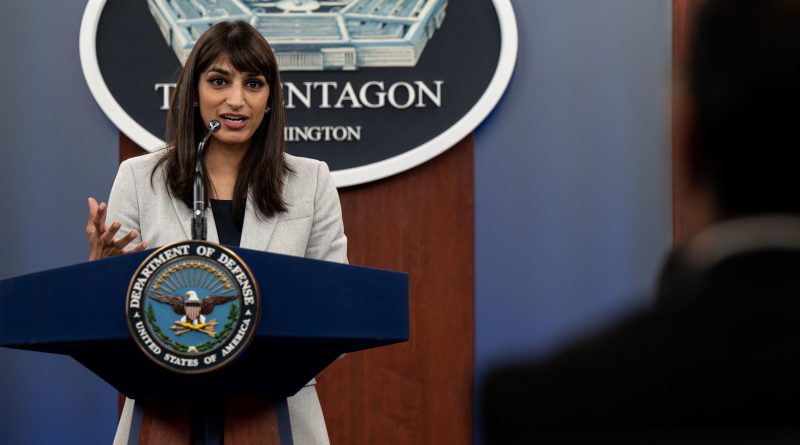Three U.S. Soldiers Killed in Drone Attack in Jordan
Cameron Bird
Staff Writer
The world witnessed yet another escalation of tensions in the Middle East on January 28, as three Americans were killed at a military outpost in northeast Jordan, reports NBC News. A drone strike was the source of the attack, hitting the outpost while troops were in their sleeping quarters. This was the culmination of months of tension and constant attacks, with Reuters reporting that this was one of nearly 150 attacks against U.S. forces in the region since the beginning of the Israel-Hamas war on October 7 of last year. The source of these attacks has been the Islamic Resistance in Iraq, an umbrella term for a multitude of Iran-aligned militias in the region, according to CBS News. President Joe Biden’s Administration identified this group as the perpetrators of the attack in Jordan that killed three Americans.
The location of the attack, Tower 22, is located in the far northeast of Jordan, sitting near the Syrian border. Jordan maintains a key relationship with the U.S., as it offers a strategically essential launching point for operations throughout the region, due to its proximity to Syria and Iraq. Tower 22 is a military outpost that works in coordination with the Al-Tanf airbase in Syria, and was critical in the fight against ISIS, due to its proximity to Mosul, Iraq, reports the Associated Press. With escalating tensions in the region, the outpost has become even more essential logistically as U.S. forces try to navigate the increased fighting throughout the region.
The main concern now for the U.S. is how to appropriately respond. President Biden faces a plethora of converging political and military issues, as the Middle East continues to teeter on the edge of an even wider war. Early indications already show the American public is not satisfied with the administration’s handling of the Israel war in Gaza, and now the deaths of three Americans at a little-known base in a state not currently at war will cause even more confusion and frustration. President Biden’s options are somewhat limited, as he has already made clear he wants to avoid an escalation of tensions not just in the region, but also with Iran, which backs the groups that have continuously attacked U.S. forces. There is a balance to be held between retaliating directly against Iran, and inflaming tensions with the regional power, or retaliating against groups in Syria and Iraq, and risking the displeasure of an American public who already views his foreign policy as tentative and indecisive.
Despite these complicated dynamics, President Biden and members of his national security team have consistently emphasized the desire not to risk further conflict with Iran. BBC News reports that the U.S. has decided on a series of retaliatory targets, primarily throughout Iraq and Syria. The specifics of these strikes, the damage they inflict, and the consequences of such a response will be closely watched by actors in the region. Furthermore, whether U.S. policy in relation to Israel changes or shifts will also be closely monitored, as that will likely influence the degree to which U.S. forces like those at Tower 22 continue to be attacked. Perhaps the most intriguing element will be the American public’s response, in an election year fraught with political consequences, as President Biden aims for re-election, while also attempting to maintain U.S. interests in the region.
Image courtesy of the Department of Defense


